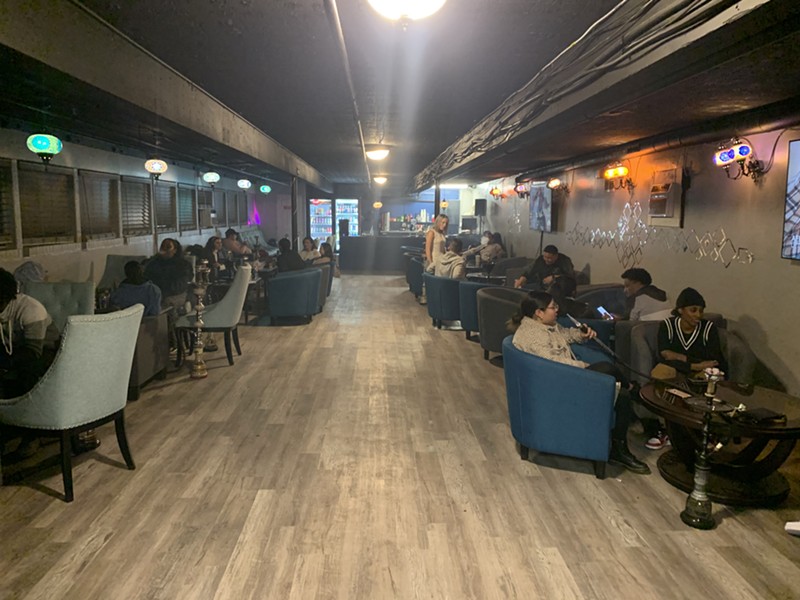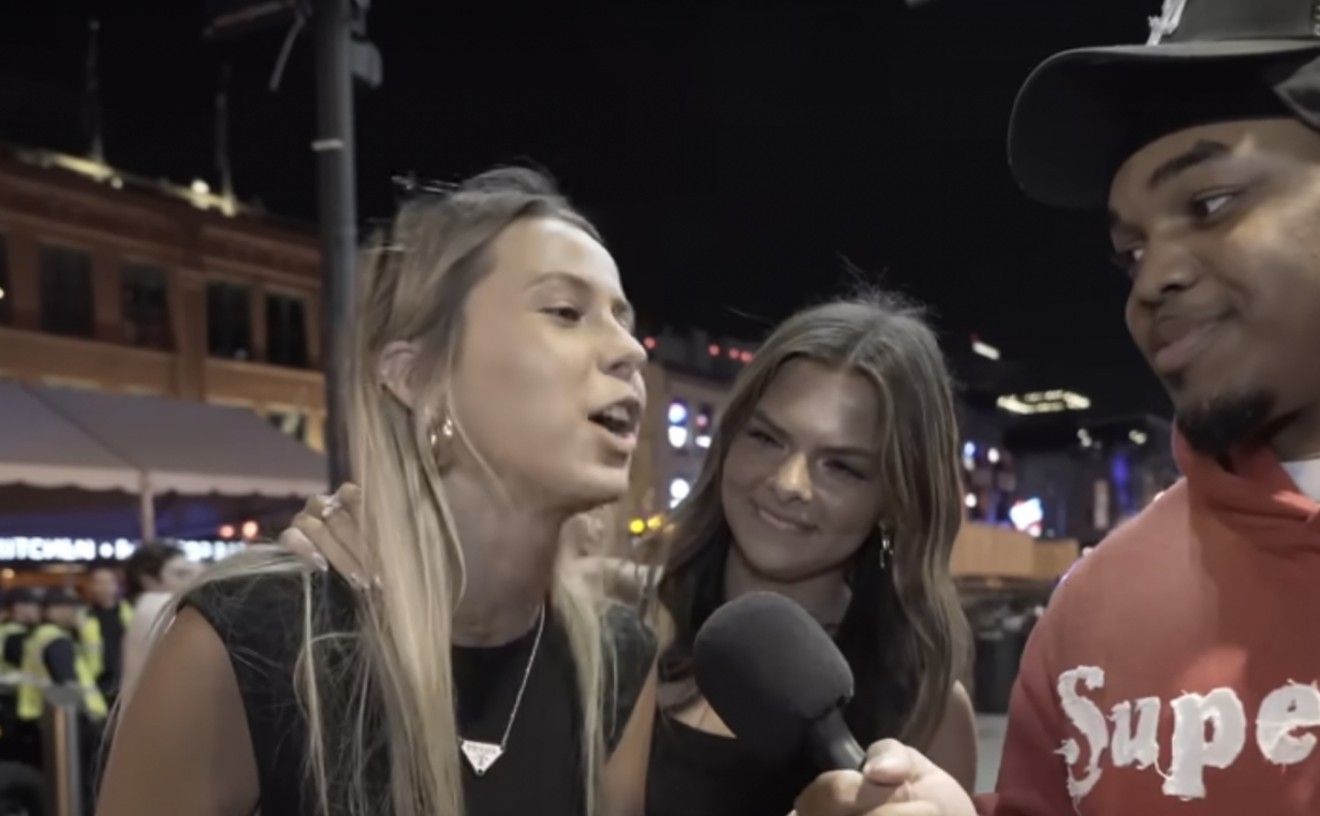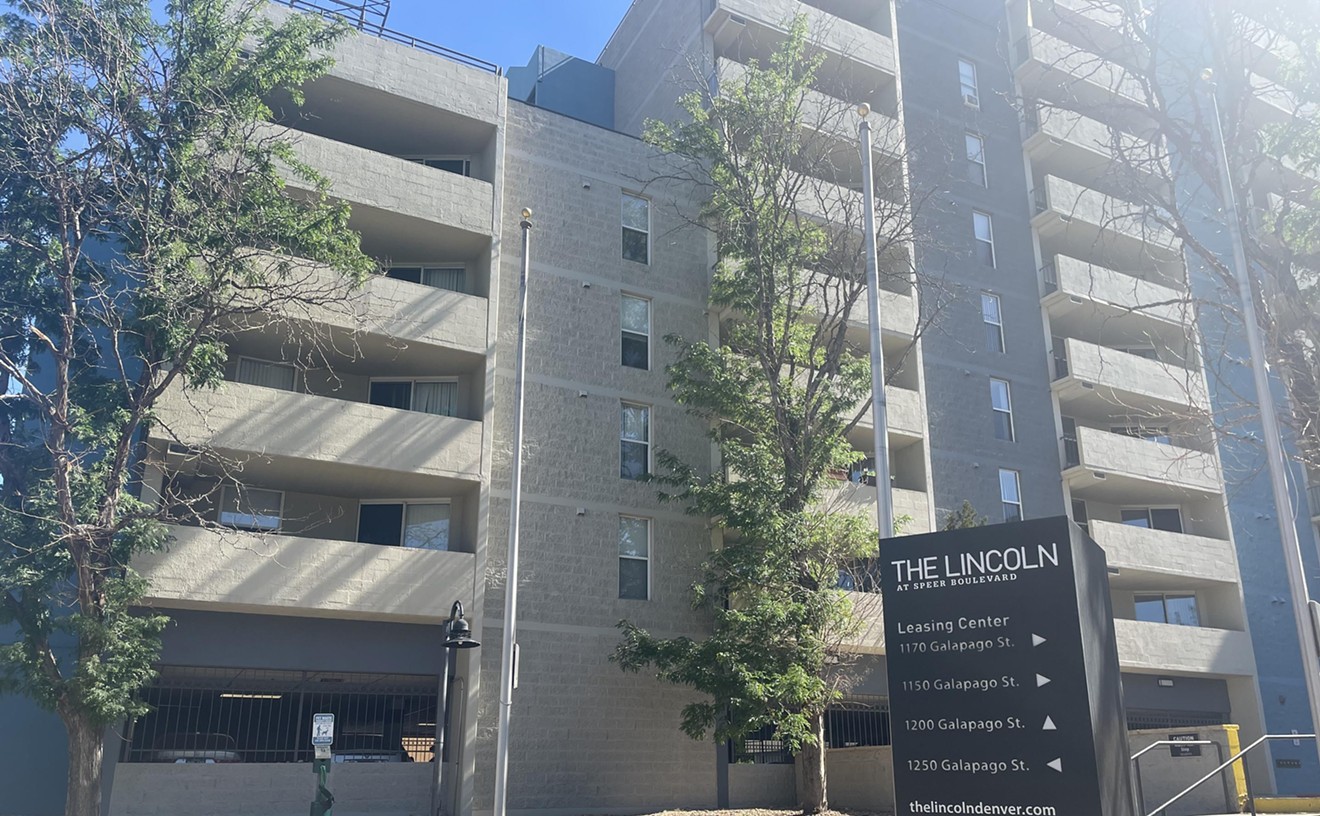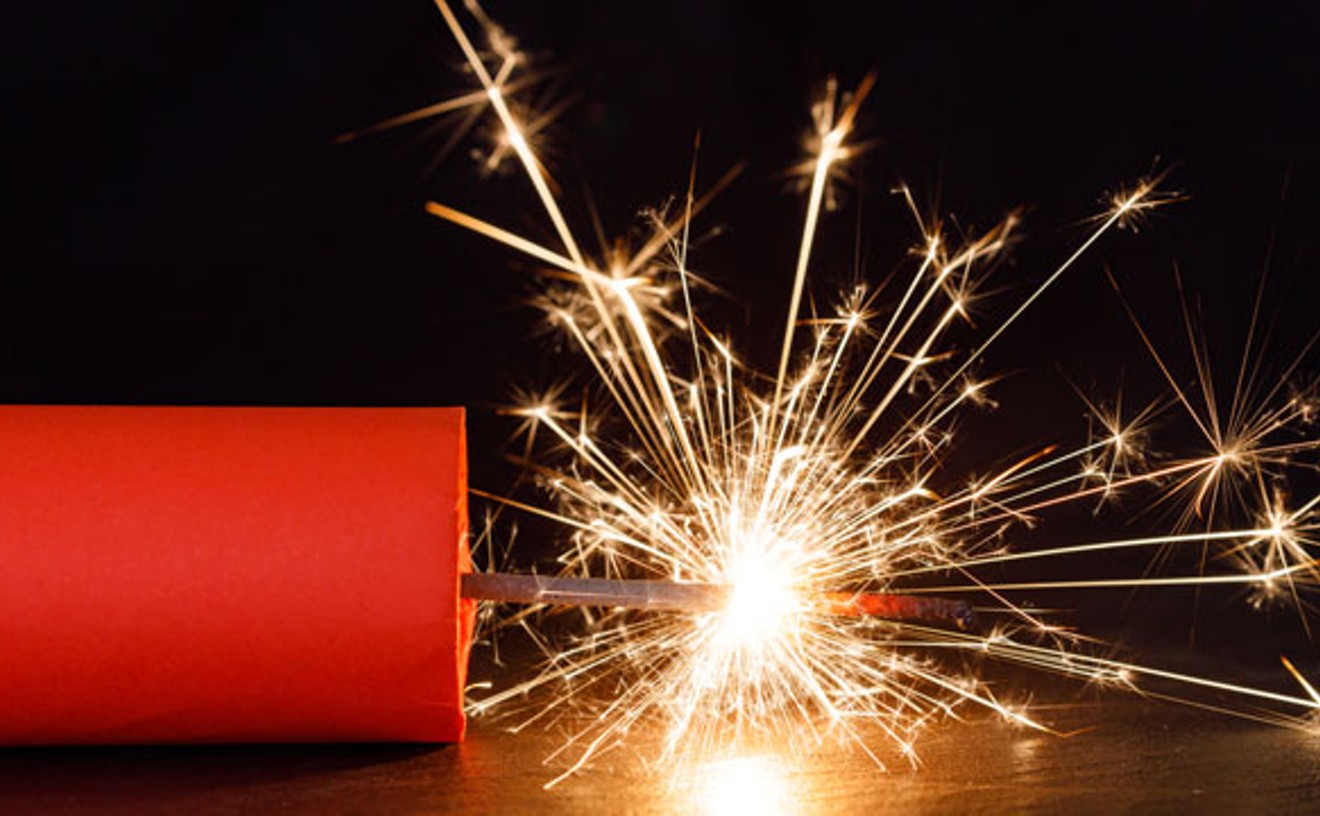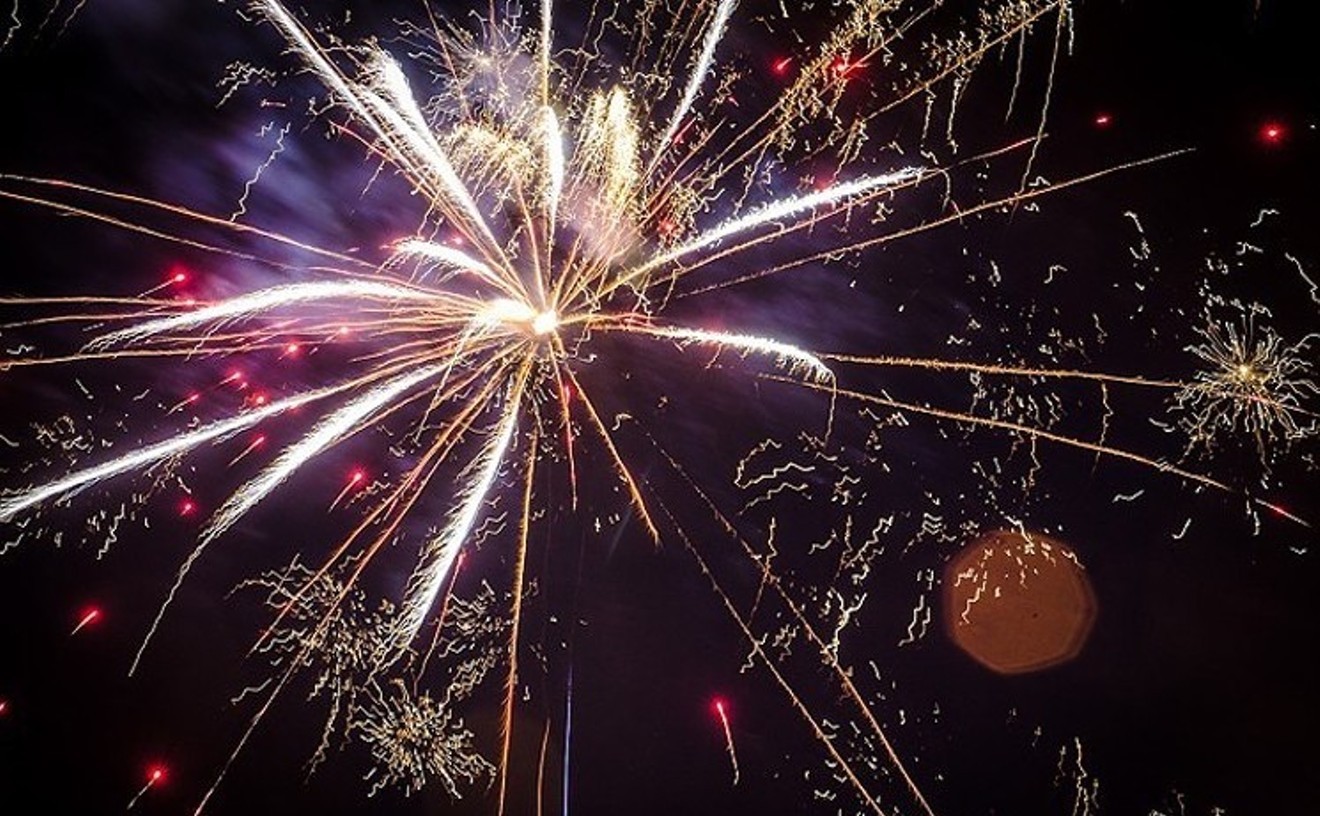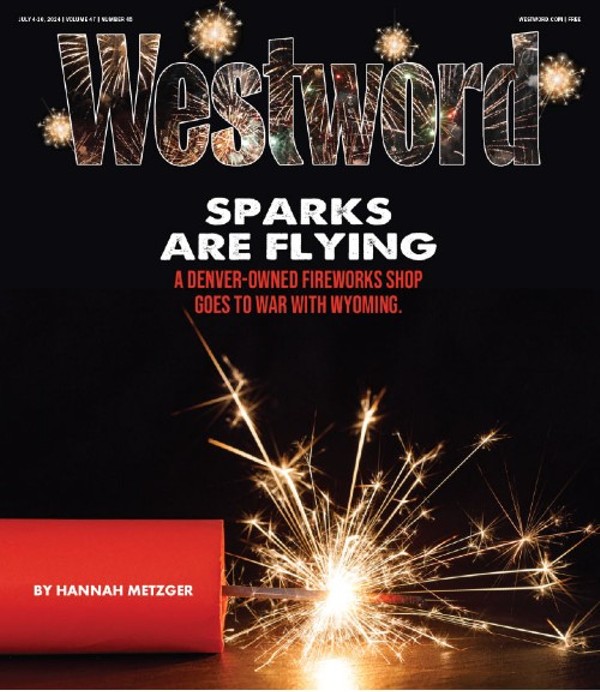Hamza Alfukaha came to Colorado from Jordan five years ago to study electrical engineering at the University of Denver, but his professional life always seemed to draw him to hookah lounges.
"It's our tradition, it's our culture. I've smoked it since I was eighteen," says 25-year-old Alfukaha, who was born and raised in Irbid, a large city in northwest Jordan.
Alfukaha made great friends at hookah lounges in Denver. After earning his degree three years ago, he worked days at an electrical engineering job he was offered by someone he met at a lounge, and also began moonlighting as a hookah lounge employee.
While still working part-time as an electrical engineer, Alfukaha has now gotten involved in the hookah business as an owner, opening Highland Hookah Lounge at 2201 West 32nd Ave in July. He and his partner, Dalal Qudsi, a thirty-year-old Syrian-American who was born in Denver and raised in Colorado Springs, plan to open a second hookah lounge in Aurora; it will be called Bubbles.
But their Denver business is facing a major challenge. Amanda Sawyer and Debbie Ortega, two members of Denver City Council, are co-sponsoring an ordinance that would ban the sale of flavored tobacco and vape products in Denver. The proposed ban is sweeping and allows for no exceptions, including the flavored tobacco sold at hookah lounges.
As a result, if the proposal passes as currently written, hookah lounges could go out of business in the Mile High City. So Alfukaha and Qudsi are fighting to make sure they don't become collateral damage of a measure designed to prevent kids from getting hooked on nicotine.
"Vaping, particularly youth vaping, is a public-health crisis in Denver, across the state and across the country," says Sawyer. "The ban is specific to flavors because it is the thing that kids identify as what drew them to smoking in the first place, and the goal here is to get kids not to smoke in the first place."
A 2020 Centers for Disease Control and Prevention study showed that about one of every five high school students, or 19.6 percent, reported that they used electronic cigarettes in the past thirty days. That percentage is down from 27.5 percent in 2019.
"The proposal on the table is a flavor ban, because it’s not just flavored vape products. It’s flavored products of all different kinds that kids will access," Sawyer said during an October 6 Denver City Council committee hearing. "Hookah is becoming increasingly popular amongst youth who are not well-informed."
But smoking hookah is not nearly as popular as vaping with youth in this country. That same 2020 CDC study showed that about three of every 100 high school students, or 2.7 percent, reported that they had smoked hookah in the past thirty days, and that figure is down from 4.1 percent in 2011.
Alfukaha and Qudsi note that they check IDs of all customers to make sure they're at least 21. And they point out that the councilmembers are not trying to crack down on flavored alcohol. "They're not sitting here trying to ban cocktails because they're tasty," says Qudsi.
Denver does not track specific hookah lounges in the city; since they don't sell alcohol, they're classified as retail tobacco stores. However, according to Google maps, there are around ten hookah lounges in the city.
Sitting at the Highland Hookah Lounge, Alfukaha and Qudsi are each puffing on a hookah pipe, smoking the citrusy "Queen of Sex" flavor that they offer. The lounge, which features comfortable chairs and tables spread on the sides of a long room, is bustling with a diverse crowd of around thirty people, including family gatherings (adult children only) and friends playing cards.
Qudsi's sister, Danya, comes into the lounge with two cousins. "It's a big part of our culture," she says.
"As women, we socialize over shisha," adds Hana Thomas, an Ethiopian-American originally from the New York area who is working remotely in Denver, using an alternative Arabic word for hookah.
Women from more conservative households who might not feel comfortable going to a bar can hang out at hookah lounges, since there's no on-site alcohol consumption. "For them, the only escape route is hookah lounges," Dalal Qudsi says.
While the California Legislature recently passed a statewide flavor ban, it exempted hookah lounges. Some Denver councilmembers have suggested that hookah lounges should be exempted from this city's proposal, too.
"I’m just wondering, what I’m hearing right now about hookah, whether or not this remains within the scope of protecting under-21 youth access," Councilwoman Jamie Torres said at that October 6 committee meeting.
"At the first committee meeting, three things seemed to bubble up for further discussion: a hookah bar exemption, an exemption for age-restricted stores, and a potential menthol exemption," Sawyer says. "I'm not sure there's enough council support for any of them. And Councilwoman Ortega and I both feel that any amendments would erode the value of the ordinance because its purpose is to keep these products out of the hands of kids. But they're worth discussing as a council, for sure."
There will be plenty of discussion before the committee takes a final vote on the proposal October 27. Some critics suggest that the menthol ban discriminates against the Black community, where menthol is particularly popular; other opponents note that flavored vaping products have helped plenty of people quit smoking.
For Alfukaha, the arguments against the ban are both cultural and economic. "There’s a lot of hookah bars here in Denver," he says. "It’s good for the economy here, right? And we’re supporting other businesses. It’s all business for the USA. I don’t understand."
[
{
"name": "Air - MediumRectangle - Inline Content - Mobile Display Size",
"component": "12017618",
"insertPoint": "2",
"requiredCountToDisplay": "2"
},{
"name": "Editor Picks",
"component": "17242653",
"insertPoint": "4",
"requiredCountToDisplay": "1"
},{
"name": "Inline Links",
"component": "18838239",
"insertPoint": "8th",
"startingPoint": 8,
"requiredCountToDisplay": "7",
"maxInsertions": 25
},{
"name": "Air - MediumRectangle - Combo - Inline Content",
"component": "17261320",
"insertPoint": "8th",
"startingPoint": 8,
"requiredCountToDisplay": "7",
"maxInsertions": 25
},{
"name": "Inline Links",
"component": "18838239",
"insertPoint": "8th",
"startingPoint": 12,
"requiredCountToDisplay": "11",
"maxInsertions": 25
},{
"name": "Air - Leaderboard Tower - Combo - Inline Content",
"component": "17261321",
"insertPoint": "8th",
"startingPoint": 12,
"requiredCountToDisplay": "11",
"maxInsertions": 25
}
]

